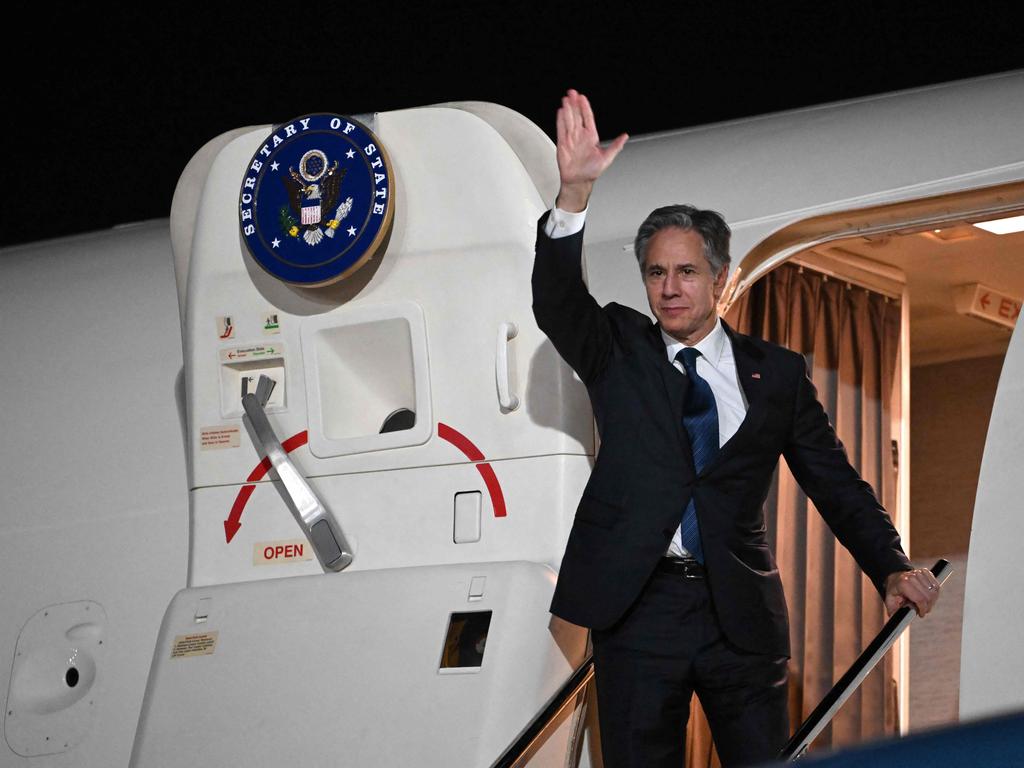The drug factory that helped fuel Assad’s tyranny
Sixty tonnes of pills were found ready to be smuggled abroad in fake fruit at a plant fiercely guarded by soldiers working for the President’s brother.
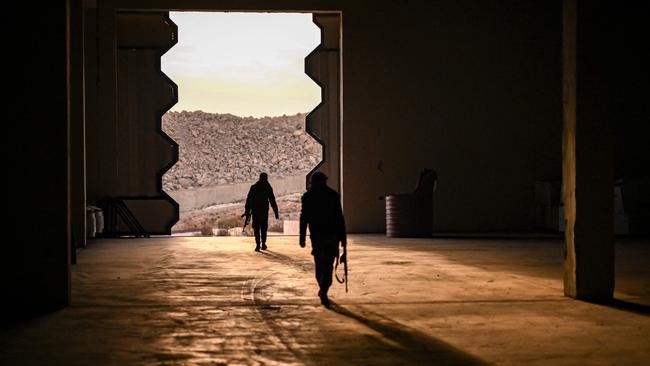
Everyone in Douma, a suburb of Damascus, knew the Captain Corn crisps factory owned by Mohammed Al-Toot, and the brand’s jingle: “Ole, Ole, Ole, Captain Corn, Ole.” Then one day seven years ago Syrian soldiers moved in and declared it a closed military zone.
Lorries with Lebanese number plates brought in heavy equipment, and unmarked lorries would carry out the factory’s new product, which remained a mystery to the neighbours. Some heard that it had turned to making biscuits, others that it made menstrual pads. But at night “strange smells” emanated from the plant, said Ahmed, who ran a falafel shop down the road. “I went up to get some water from the well and the soldiers beat me up. I never wanted to drink water again after that,” he said.
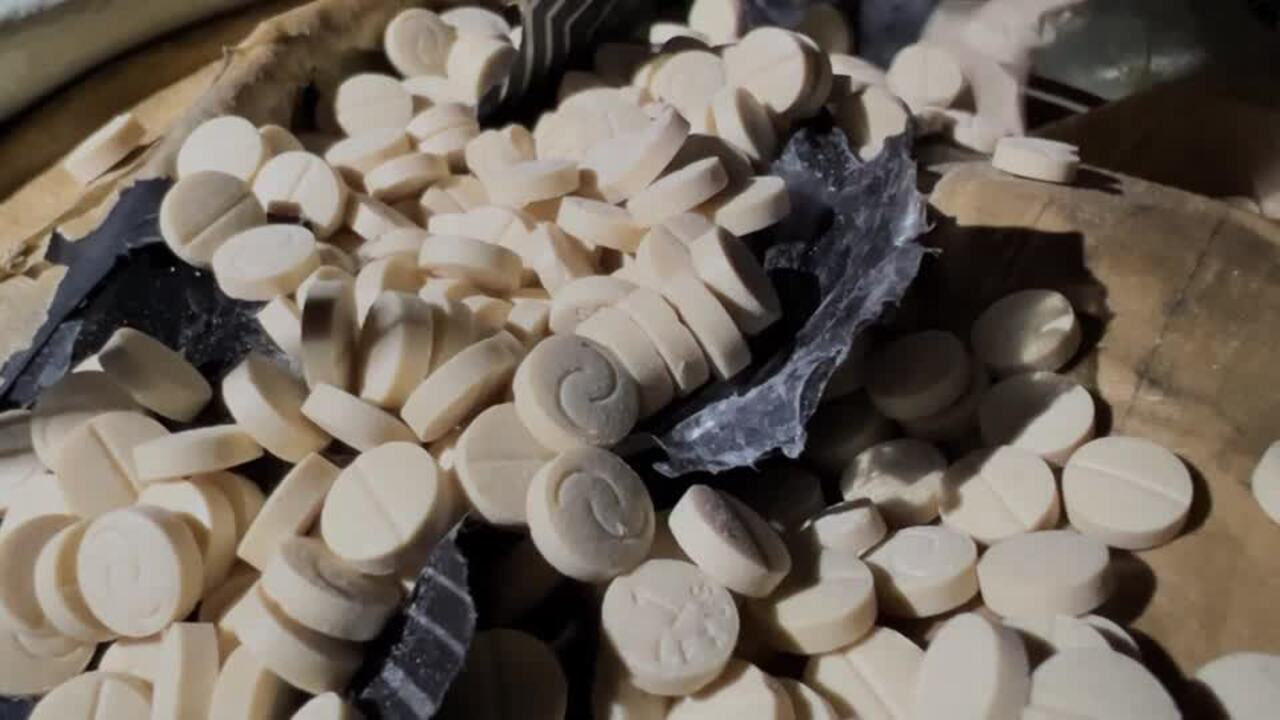
The soldiers belonged to Fourth Armoured Division, a praetorian guard led by General Maher al-Assad, the thuggish brother of President Assad. As Douma’s residents discovered this week, the elite soldiers had been guarding one of the country’s largest narcotic manufacturing plants.
Captagon, as the amphetamine-type stimulant fenethylline is widely known, was produced and packaged at an industrial scale until Assad was overthrown a week ago. The pills were packaged and then smuggled into Jordan and Saudi Arabia, bringing Assad’s regime an estimated $5bn-a-year in drug revenues.
At first the drug fuelled fighters on both sides of the civil war that erupted in 2011, and as western sanctions against Assad’s government took their toll its production became one of his regime’s main sources of revenue. While it filled his coffers, it led to drug epidemics in Jordan and Saudi Arabia, which found themselves powerless to stop the smuggling even though massive amounts were seized over the years.
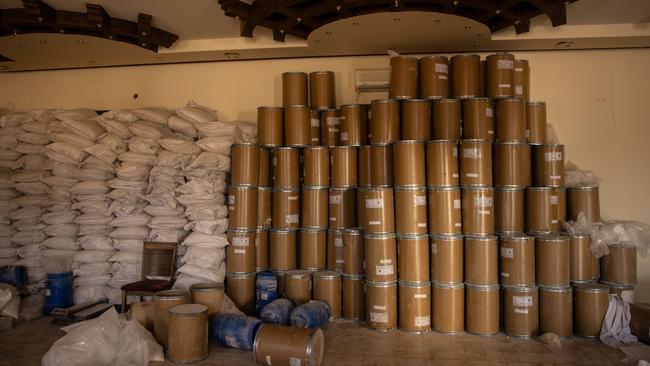
Saudi Arabia, in particular, had decided last year to readmit Assad’s regime to the Arab League partly in the hope that he would clamp down on the trade. He did no such thing, but a Times journalist found bags of Saudi chemicals at the plant that were used to make Captagon until this month.
Toot, who had come to reclaim his factory after the regime forces fled, was the first to discover what it had become. Someone at the plant had set fire to the drugs before fleeing, and parts of the factory were ablaze. Toot called firefighters, and they in turn called Hayat Tahrir al-Sham (HTS), the Islamist former rebel group that now controls the capital.
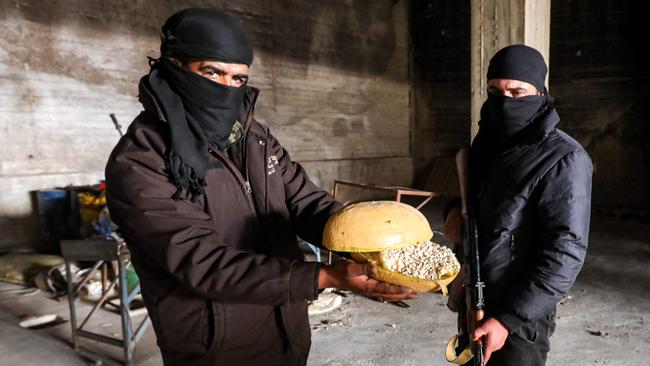
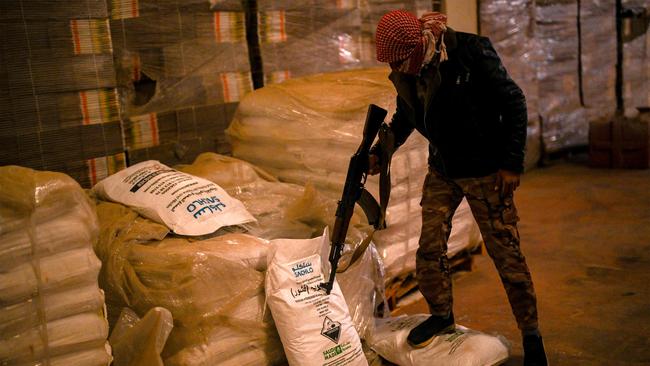
“We found 60 tonnes of drugs,” Toot said. The factory contained the entire chain of Captagon production, from the mixing of the chemicals to the moulding of the pills and the packaging in artificial fruit and electrical devices.
There were thousands of pills lying around, some still inside plastic watermelons, oranges and pomegranates next to fruit cartons. Others were stuffed in voltage stabilisers ready to be smuggled across the border to Jordan. A room full of hashish had been set on fire.
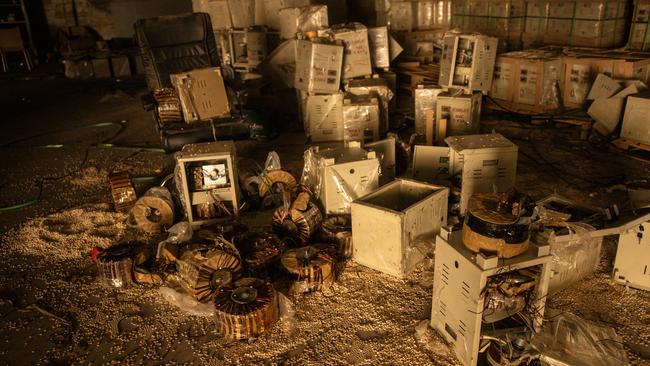
On the main floor, sacks of chemicals imported from Saudi Arabia and Iran lay waiting to be mixed with acid to produce the small grey pills. A well-trodden poster of Bashar al-Assad had been placed on the floor of the entrance by the triumphant rebels, who showed journalists around the facility.
“This was probably one of the largest Captagon factories,” said Caroline Rose, who leads research on the trade for the US-based New Lines Institute. “We had reports that Maher controlled two large-scale labs, one in Latakia and one in Douma. I have a feeling that this is the one we received information about, three years ago.”
The plant, Toot said, had been commandeered in 2017 while he was in Egypt. The man who oversaw its seizure was a local businessman and politician, Amer Khaiti, who transferred the title deed into his name. On Saturday there were still election pamphlets with Khaiti’s name scattered around the plant.
“Amer had called me and said you can’t return,” Toot recalled. “He said, ‘It’s my company now’.”
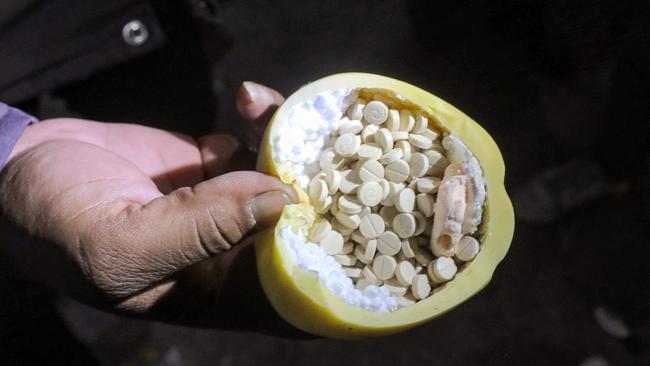
Khaiti was a known Maher al-Assad associate and one of the regime’s local strongmen. A resident recalled that after the last election in 2021, when Bashar al-Assad won yet another term following a rigged vote, Khaiti threw a party in the impoverished town.
“He brought in singers for 700 million liras [pounds 36,000] to praise [Assad],” recalls Mohammed, a young junk collector who would brave the military and police in the area to collect scraps of metal. “And we don’t have food or water in our home.”
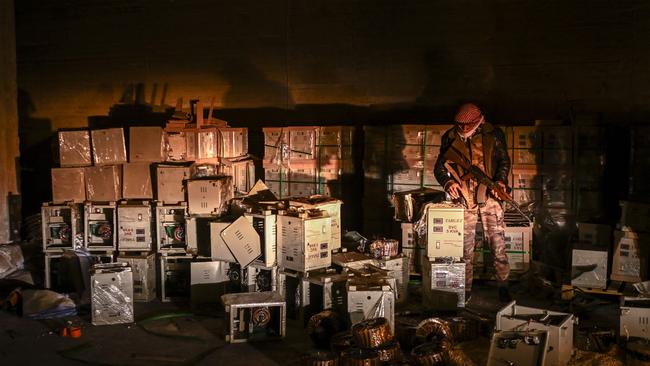
Khaiti, a former member of parliament, had been flagged as a key player in the Captagon trade, Rose said. “Khaiti has long been a friend of the Assad family and a prominent businessman embedded in the Assad regime, and probably brought in business acumen to that factory,” she said.
Asked for comment, Khaiti at first agreed to be interviewed by The Times in a video call but then abruptly cancelled the appointment. A lawyer working for the businessman said that his client denied all the allegations and was not involved in the drug trade. “We deny it,” the lawyer said, adding that Maher al-Assad’s people had seized the factory from Khaiti.
His whereabouts, along with Maher’s, are now a mystery. Maher is rumoured to have been flown by his Russian allies to Libya, where Moscow maintains bases. Khaiti is unlikely to show his face around his old town any time soon, and Toot, who now visits his old factory every day, says he is preparing to make Captain Corn crisps again.
“We are going to rebuild it,” he said. “We will rebuild all of Syria.”
The Times

